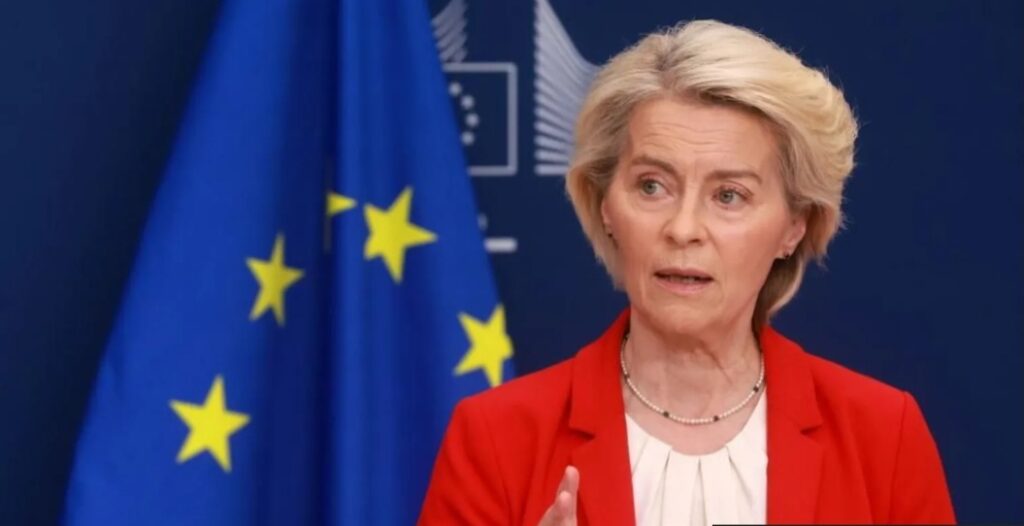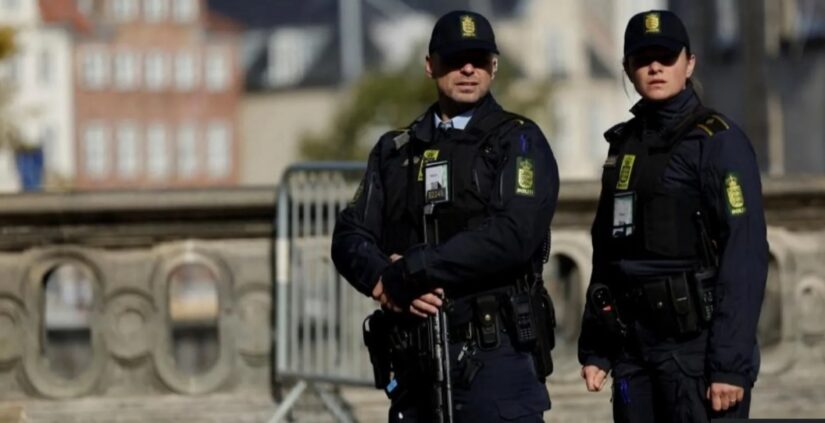
Esther Imonmion
European Union leaders gathered in the Danish capital on Wednesday for a high-security summit amid rising concerns over Russian drone incursions and hybrid warfare.
The summit follows drone disruptions last week at Copenhagen airport and other Danish sites. Denmark has since banned all civilian drone flights until Friday and tightened traffic restrictions in the city. Ten allies, including Poland, the UK, the Netherlands, Finland, Sweden and the US, are providing anti-drone and surveillance support. A German frigate has docked in Copenhagen, and Sweden has deployed radar systems.
Prime Minister Mette Frederiksen said Russia posed the “primary threat” to Europe’s security, while Sweden’s premier Ulf Kristersson said “everything points to” Moscow. German Chancellor Friedrich Merz warned that European airspace violations were worsening: “We are not at war, but we are no longer at peace either.”
Although Danish police have not confirmed Russian involvement in last week’s incident, officials blamed a “professional actor.” Kremlin spokesman Dmitry Peskov rejected the accusations and warned Europe against building a divisive “drone wall.”
The Copenhagen meeting comes as NATO has twice invoked Article 4 in September following Russian drone and aircraft incursions into Polish and Estonian airspace. NATO Secretary General Mark Rutte stressed the urgency of keeping “our skies safe,” calling the EU’s proposed “drone wall” both timely and cost-effective.
EU leaders will also discuss a “2030-ready” defence roadmap, aimed at strengthening Europe’s military industry, boosting joint procurement, and raising up to €150bn on capital markets. A complementary initiative, Eastern Flank Watch, would fortify Europe’s borders by land, air and sea against hybrid threats, including
Russia’s shadow fleet.
Ukraine is sending a mission to Denmark to share drone defence expertise, as EU leaders review continued financial support for Kyiv. But Hungary’s Prime Minister Viktor Orban, a close ally of Moscow, renewed opposition to Ukraine’s EU bid, claiming it was “not a sovereign country” as it relied on Western funding.
Former Danish brigadier Ole Kvaerno warned the latest disruptions were a wake-up call: “The nature of hybrid war is to take us by surprise. The next target could be infrastructure like energy supply.”

